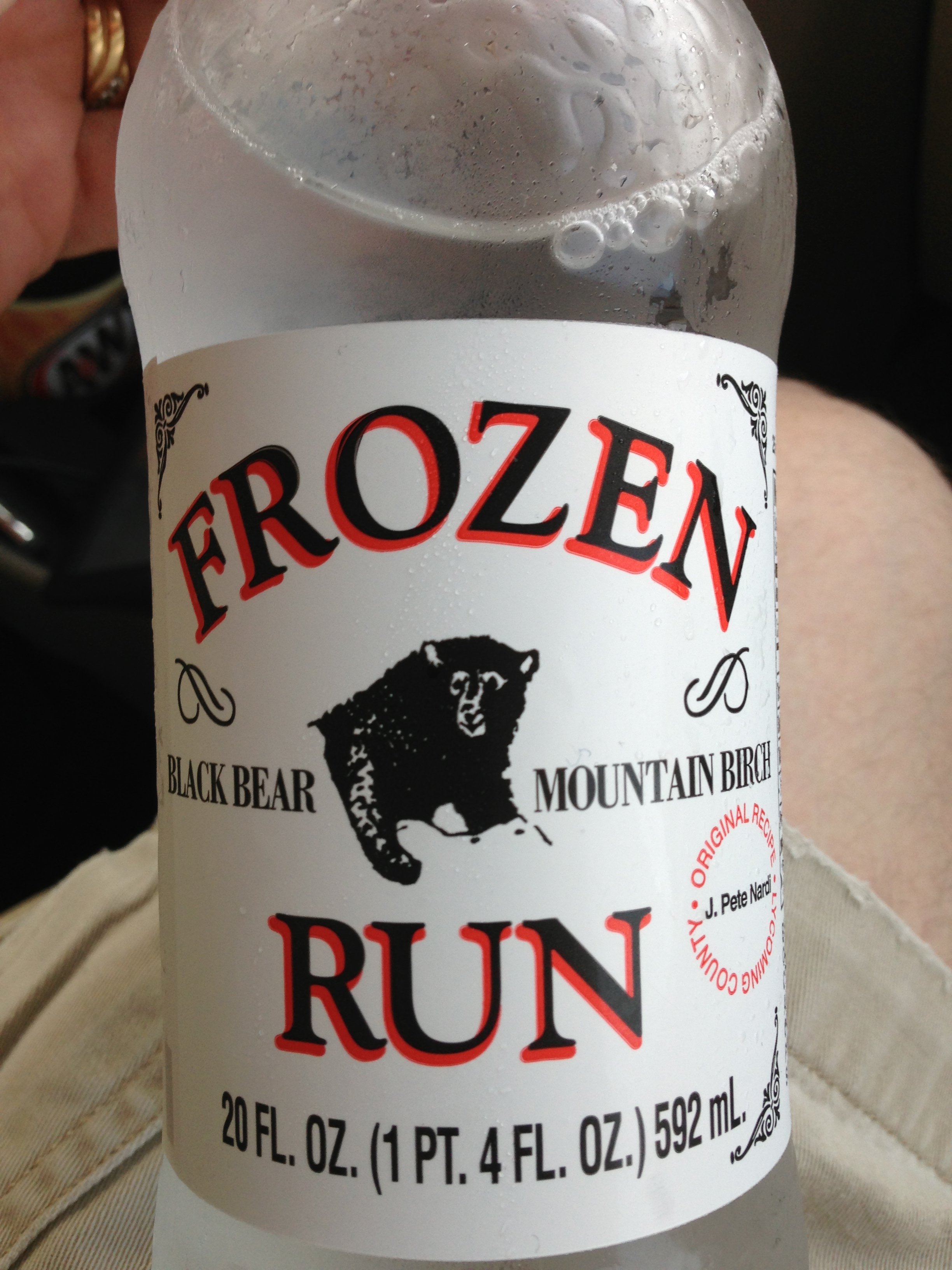Sugar cane juice is delicious but I don’t think it’s a tree
It’s a grass technically
Sugar cane, Arenga pinnata
Other hardwoods can be tapped and their sap made into syrup, it’s just that maple is the tastiest, with the Sugar Maple being what we think of when it comes to making syrup. Birch and Walnut are probably the most common alternatives.
Just be careful with burch sap. You might find that you’re allergic to it and it’s pollen. The hives from the pollen is no joke.
Some thrillseeker just read “Watch out the syrup might be SPICY” lol
Funny thing, in my family we’re all allergic to birch pollen. So before the pollen season we often tap some birch sap and drink to bolster our immune system in advance. Dunno if there’s any science behind it, but in my experience it’s done wonders.
Yes, there is scientific basis for that. It’s immunotherapy
I’ve heard that eating local honey similarly lowers your allergy response to local pollen, and I believed that, so I’ll believe this too.
It’s a myth. For a start most people’s hayfever isn’t anything to do with flower pollen, it’s grass and tree pollen and fungal spores. Pollen and spores can be carried by air currents and travel long distances. The flowers your local honey comes from are unlikely to be causing your hayfever. You should buy local honey over commercial honey though because it supports small producers.
So you just need to find grass, tree, and fungal honey then to make it work. Easy peasy.
I think in context, I think you are desensitizing rather than bolstering. 👆 You may have meant that, 👈 but in case you didn’t.
Yes! That’s exactly what I meant 😁, thank you.
Interesting — is the birch sap/syrup more allergenic than maple? I’m allergic to birch to some extent maybe more than other trees. But also I’m pretty sure I’m allergic to maple also (and many other trees) but eat maple syrup no problem.
Hard to say and there probably isn’t much research on it. Just stick to maple syrup or the fake stuff.
Try it with some bark
It’s the best of the best!
So, …it’s what the Canadian Tree Vampires crave!
Its got electrolytes!
But what are electrolytes?
What plants crave!
Black Walnut and Hickory are both fantastic!
You wouldn’t think of it as traditionally delicious, but gum arabic is in lots of foods as a stabilizer.
I think that’s one of the main ingredients in Cola flavoring
You can also get pine sap.
The pine needles make an excellent tea.
I prefer human trees
In Russia we used to drink the blood of birches. It’s pretty good actually.
In the US they turn it into soda called Birch Beer. It’s delicious
Mastic resin is very popular in Turkey and (I think) also Greece. Used as a natural additive in stuff like ice cream or puddings, but also as a natural bubble gum.
To add to this, it’s a coniferous tree so mastic resin tastes delicious if you also enjoy coniferous flavours like juniper, rosemary, pine nuts, etc. They also put it in wine and you can get mastic honey. Tastes like a pine forest, in a good way.
We used to grab globs of spruce gum off the trees to chew. Pain in the ass to get off your fingers though.
Birch sap is also tasty!
https://en.wikipedia.org/wiki/Chicle
Chicle (/ˈtʃɪkəl/) is a natural gum traditionally used in making chewing gum and other products. It is collected from several species of Mesoamerican trees in the genus Manilkara, including M. zapota, M. chicle, M. staminodella, and M. bidentata.
I didn’t realize Guatemala was such an integral part of Chiclet originally. I wonder if William Wrigley Corp lobbied the government for what became the 1954 coup like United Fruit did.
Like the gum Chiclets?
Exactly like that. Idk if it’s still the same, but a couple decades ago I went to a chiclet farm kinda deal in Mexico, and got to try the (cleaned) raw tree gum. Its pretty much a chiclet straight out of the tree, it just doesn’t have much flavor until after processing.
I don’t know about other countries but in Finland people sometimes extract and drink birch sap. We call it mahla.
In Russia as well. And it’s called simply “birch juice”
We call it trussy juice.
Interesting! TIL. I have only tried “birch beer” — birch flavored root beer
My aunt used to live in Pennsylvania and when I’d visit her, she’d buy me this birch beer that was to die for. It was clear and I think local to the area. I’ve never been able to remember the brand. I should ask her!

Hnng I can almost taste it lol
delicious blood
Do we have a cursed_comments or brandnewsentence community on here yet?














